1000 Dams Down and Counting: Dam Removal Study Reveals River Resiliency
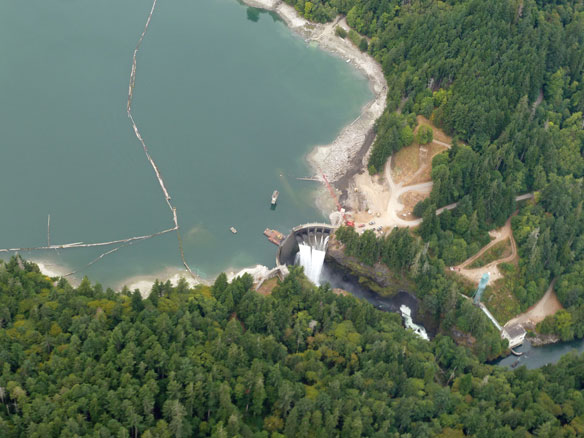
More than 1,000 dams have been removed across the United States because of safety concerns, sediment buildup, inefficiency or having otherwise outlived usefulness. A paper published in Science Magazine finds that rivers are resilient and respond relatively quickly after a dam is removed.
Ethiopian Dam Deal Ignores Science, Warn Experts
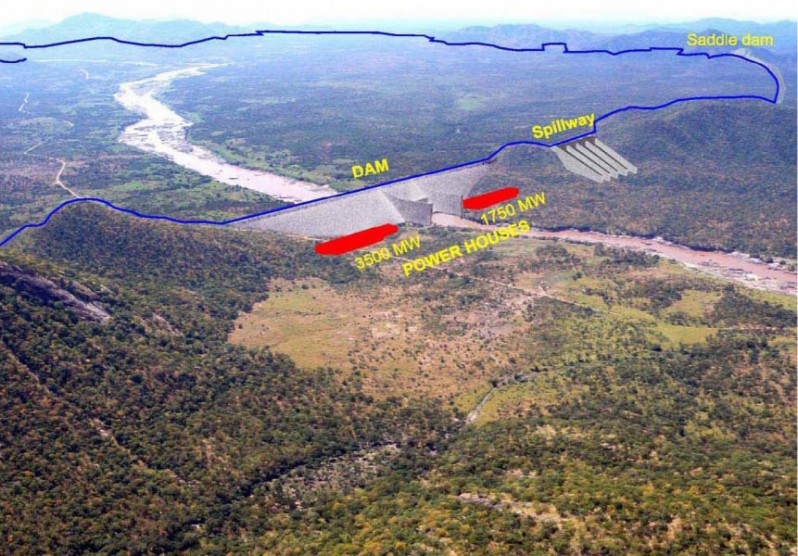
Although the Grand Ethiopian Renaissance Dam (GERD) is Africa’s biggest dam project foreseen to have lasting impacts on its longest river, the River Nile , the GERD has been developed under a veil of secrecy. The dam will impact Ethiopians and downstream neighbors. Water scientists from Egypt — the last country to benefit from the Nile before it flows into the Mediterranean Sea —fear for the security of freshwater supply.
Natural Filters: Mussels Deployed To Clean Up Polluted Waterways

A stream with a healthy population of mussels indicates a pretty pristine habitat and good water quality. Everywhere, however, numbers of mussels are in peril. Everywhere the causes of decline are the same: alteration and damming of streams and rivers, and human-induced runoff of silt and nutrients.
Hydropower Could be Risky Bet in Warming World

An indicator of where renewables investors are focusing their attention, large hydropower was left out of a major United Nations and Bloomberg report published this week showing that global investments in renewables spiked 17 percent in 2014.
California Water Board Supports Searsville Dam Removal
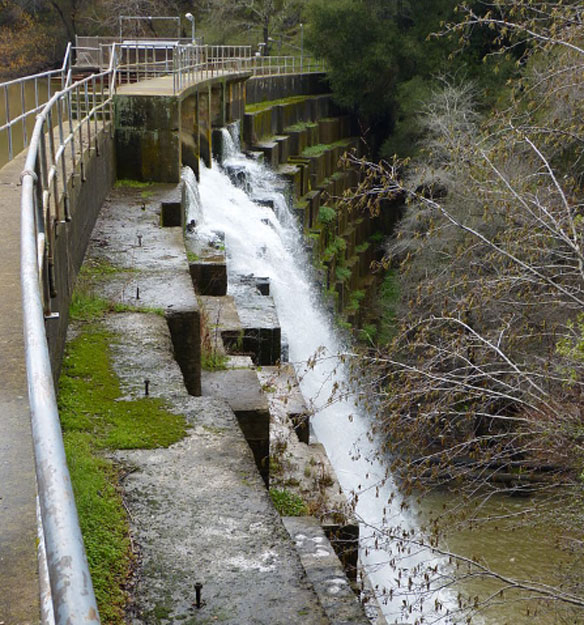
Today, the State Water Board sent Stanford a powerful letter supporting Searsville Dam removal, and stressing the importance of safely restoring sediment flow blocked by the dam for the health of the creek downstream and resiliency of San Francisco Bay wetlands and coastal communities in the face of sea level rise.
Xboundary: a Film about Extreme Pollution Risks by Open-Pit Mining in British Columbia and Threats to Wildlife and Economy

An open-pit mining boom is underway in northern British Columbia, Canada. The massive size and location of the mines — at the headwaters of major salmon rivers that flow across the border into Alaska — has Alaskans concerned over pollution risks… These concerns were heightened with the August 4, 2014 catastrophic tailings dam failure at nearby Mount Polley Mine in B.C.’s Fraser River watershed.
Largest Dam Removal in U.S. History Scientifically Characterized: A USGS Lecture on Largest U.S. Dam Removal
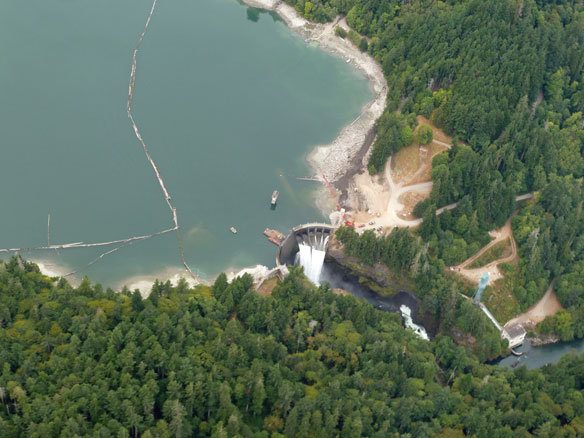
Scientists worked together to characterize the effects of the largest dam removal project in U.S. history occurring on the Elwha River of Washington State. New findings suggest that dam removal can change landscape features of river and coasts, which have ecological implications downstream of former dam sites.
Movement to Take Down Thousands of Dams Goes Mainstream

Twenty years ago, dam removal was a fringe notion, and early demolition efforts gained support only because the dams in question were no longer in use. Now, the U.S. dam removal movement has wide acceptance as well as bigger ambitions.
12 Dams that Changed the World
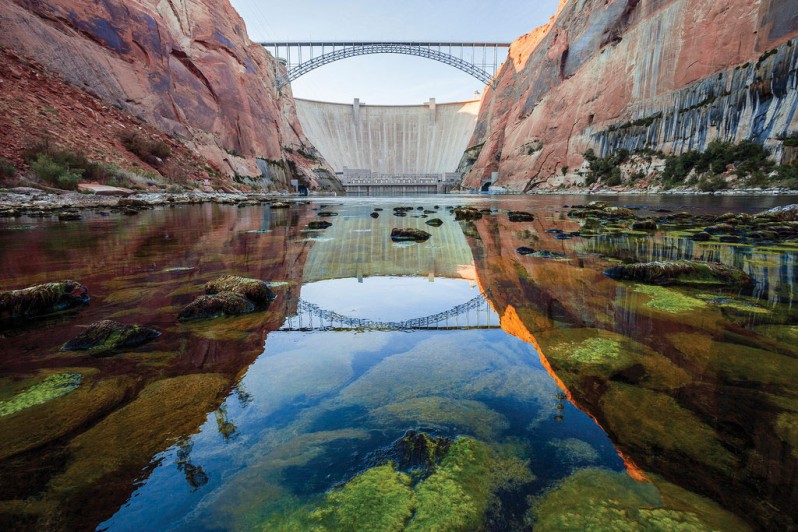
Renewable energy rather than mega dams and fossil fuels is the right choice for the 21st century. Even so, numerous destructive dams continue to be proposed and built on the Mekong, in the Amazon, throughout Africa, in China, the Himalayas and other parts of the world.
